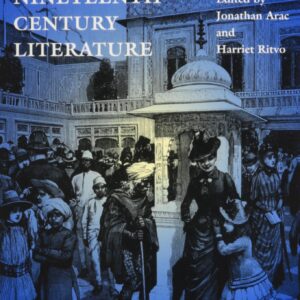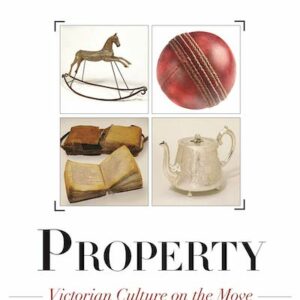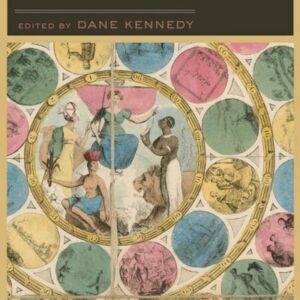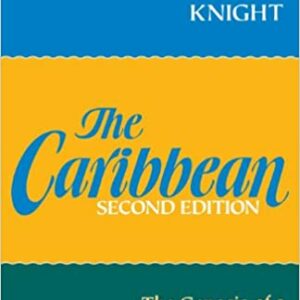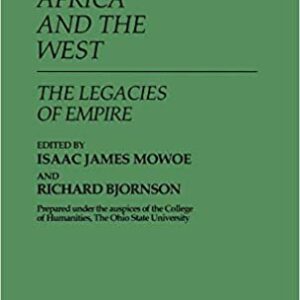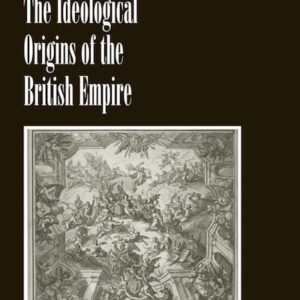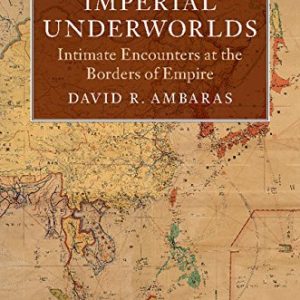
Japan’s Imperial Underworlds: Intimate Encounters at the Borders of Empire
By David R. Ambaras (NHC Fellow, 2014–15) This major new study uses vivid accounts of encounters between Chinese and Japanese people living at the margins of empire to elucidate Sino-Japanese relations in the nineteenth and early twentieth centuries. Each chapter explores mobility in East Asia through the histories of often ignored categories of people, including … Continued
